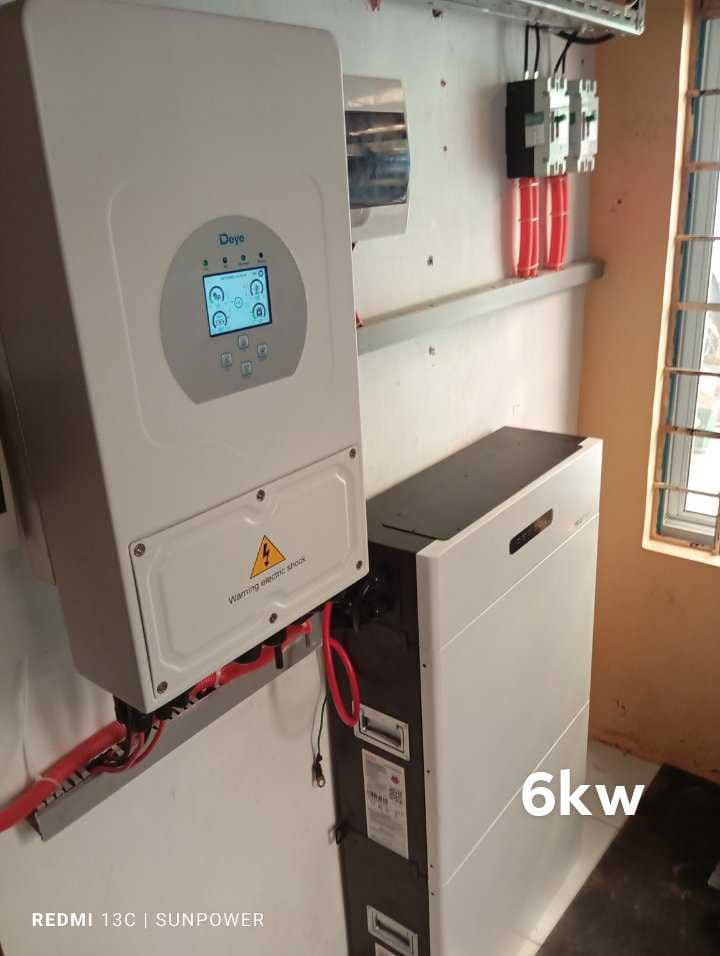Why LiFePO4 Batteries Lead in Safety and Stability
When it comes to choosing batteries for electric vehicles and energy storage systems, the safety and stability of Lithium Iron Phosphate (LiFePO4) batteries set them apart from the rest. Unlike batteries that use Nickel Manganese Cobalt (NMC) or other cathode materials, LiFePO4 batteries offer a lower risk of explosion and enhanced safety features. Here’s why LiFePO4 batteries are the safer choice:
Chemical Stability: LiFePO4 batteries, with lithium iron phosphate as their cathode material, boast superior chemical stability. They’re less prone to reactions leading to thermal runaway, especially under high temperatures or when overcharged. This chemical resilience is a cornerstone of their safety.
Thermal Resistance: These batteries shine in thermal stability too, tolerating up to 200-300°C without breaking down. In contrast, batteries with ternary lithium materials might decompose at lower temperatures, risking thermal runaway through heat release.
No Oxygen Release on Damage: In the unlikely event of extreme damage, LiFePO4 batteries don’t exacerbate the situation by releasing oxygen – a risk present in ternary lithium batteries due to their cobalt, nickel, and manganese content.
Reduced Short Circuit Risk: Thanks to their structural integrity and manufacturing process, LiFePO4 batteries are less susceptible to internal short circuits. And even if a short circuit occurs, they’re unlikely to react violently.
Although no battery is without its risks, LiFePO4 batteries emerge as the significantly safer option for critical applications. Of course, ensuring their performance and safety means adhering to proper usage, charging, and maintenance practices.
Understanding the Risks: Why Lithium-Ion Batteries Can Explode
Lithium-ion batteries power everything from smartphones to electric vehicles, offering high energy density and convenience. Despite their widespread use, certain conditions can compromise their safety, potentially leading to explosions. Here’s a breakdown of why this happens and how to minimize risks:
Thermal Runaway: A domino effect where temperature and pressure skyrocket uncontrollably. Triggered by overcharging, high temperatures, internal short circuits, or physical damage, this reaction can cause batteries to overheat and explode.
Overcharging Risks: Charging beyond a battery’s limit generates excessive heat. While modern technology often prevents this, failures can increase explosion risks.
Dangers of Short Circuiting: Direct contact between a battery’s terminals can cause a short circuit, leading to rapid temperature and pressure increases, and potentially an explosion. This can result from manufacturing defects, damage, or careless handling (e.g., keeping batteries with metal objects in a pocket).
Physical Damage: Impacts, punctures, or other forms of damage can compromise a battery’s integrity, causing internal short circuits and possibly triggering thermal runaway.
Manufacturing Defects: Production flaws, such as contaminants or faulty protection circuits, can heighten the likelihood of short circuits and thermal runaway.
High Temperature Exposure: High temperatures can deteriorate a battery’s components, increasing the risk of internal shorts and thermal runaway, especially if devices are left in hot environments.
Improper Storage: Storing batteries fully charged or under extreme temperatures can speed up degradation and elevate explosion risks.
Safety Measures: To ensure safety, follow the manufacturer’s guidelines for use and maintenance, utilize appropriate chargers, avoid exposing batteries to extreme heat, and protect them from physical damage.
What are the chances of a lithium battery exploding?
How do you keep a lithium battery from exploding?
To prevent a lithium battery from exploding, ensure it is not overcharged, avoid physical damage or puncturing, keep it away from extreme temperatures, use only the charger provided with your device, store it properly when not in use, and avoid contact with metal objects that could cause a short circuit. Regularly inspect for any signs of damage or bulging, and replace the battery if any irregularities are noticed.
How do you know if a lithium battery is about to explode?
To know if a lithium battery is about to explode, watch for signs like swelling or bulging of the battery casing, excessive heat generation, leakage or hissing noises, a strong chemical smell, or discoloration of the battery or device. If you observe any of these symptoms, it’s crucial to immediately stop using the device, move it to a safe area away from flammable materials, and consult with a professional for safe disposal or replacement.
Do lithium batteries only explode when charging?
Lithium batteries can explode not only during charging due to overcharging or charger malfunctions but also when not charging, due to physical damage, overheating, internal short circuits, or manufacturing defects. Proper use and storage are key to preventing explosions.
Can lithium batteries self ignite?
The potential for lithium batteries to self-ignite is a concern shared by many consumers and businesses, given their widespread use in everyday devices. In reality, instances of lithium batteries self-igniting are exceptionally rare, thanks to advanced design and stringent manufacturing standards. Lithium Iron Phosphate (LiFePO4) batteries, in particular, offer additional safety benefits due to their chemical composition, making them less prone to catching fire in situations of overheating or short-circuiting compared to other types of lithium batteries. Nonetheless, proper use and storage are critical to prevent any potential safety hazards. Following manufacturer guidelines, such as avoiding exposure to extreme temperatures, not using unofficial chargers, and regularly checking the condition of the battery, are key measures to ensure the safe use of lithium batteries.






